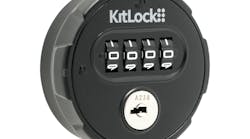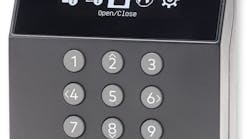A locksmith was shot and killed October 1, 2013 in Tulsa, Oklahoma. He had been called at 11:30 p.m. to open a locked car. You can Google "Tulsa Geiger Murder" to read the details of this case.
That incident reminds me of something that happened early in my own career as a locksmith. A midnight caller was supposedly locked out of his bedroom. I accepted the call. Upon arrival, the address was found to be a vacant lot. Two other locksmiths were parked at the scene. We had all been called by some prankster who had nothing better to do.
In most cases people do have a legitimate emergency and require the services of a locksmith but emergency work will always have its hazards. My prankster call did not end up in a life-or-death situation but it was still troublesome. There has also been several instances in my career when a panic-stricken customer in a real lockout situation called more than one locksmith intending to let the first arrival get the job. How many times have you gone to a car lockout only to find a policeman hacking at the locking rods with his lockout tools?
Profit versus personal safety must be taken into consideration every time someone calls for help. Regular customers should get 100 percent of your attention without question. Lockouts called in by strangers, especially before or after business hours, are another issue. If you can discern any clues in the situation that makes you suspicious, in my opinion it is better to refuse the call.
Even if you intend to accept an emergency call, press the caller for as many details as possible. Get their phone number, home address and a credit card number if possible. If the customer balks at providing such information, it is adds another layer of suspicion against accepting that particular emergency job.
Locksmithing is comprised of many vertical markets. Emergency work should only be a small part of an overall business plan. The long-range success of a locksmith business should depend on building a base of regular, return customers. Emergency customers are seldom in a mood to become return customers.





